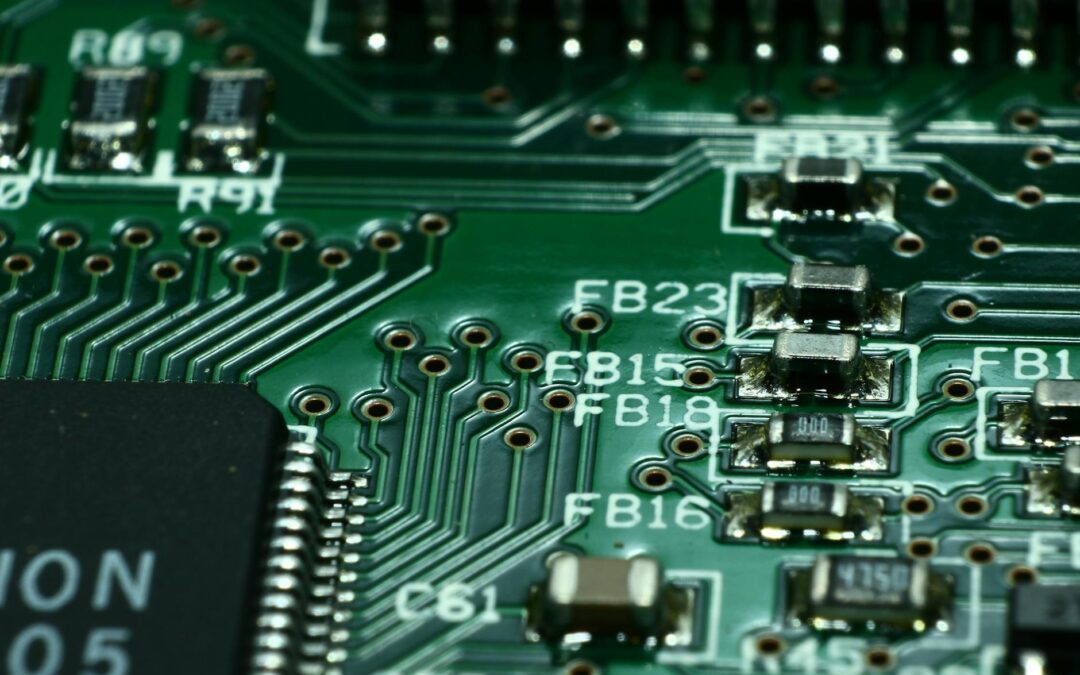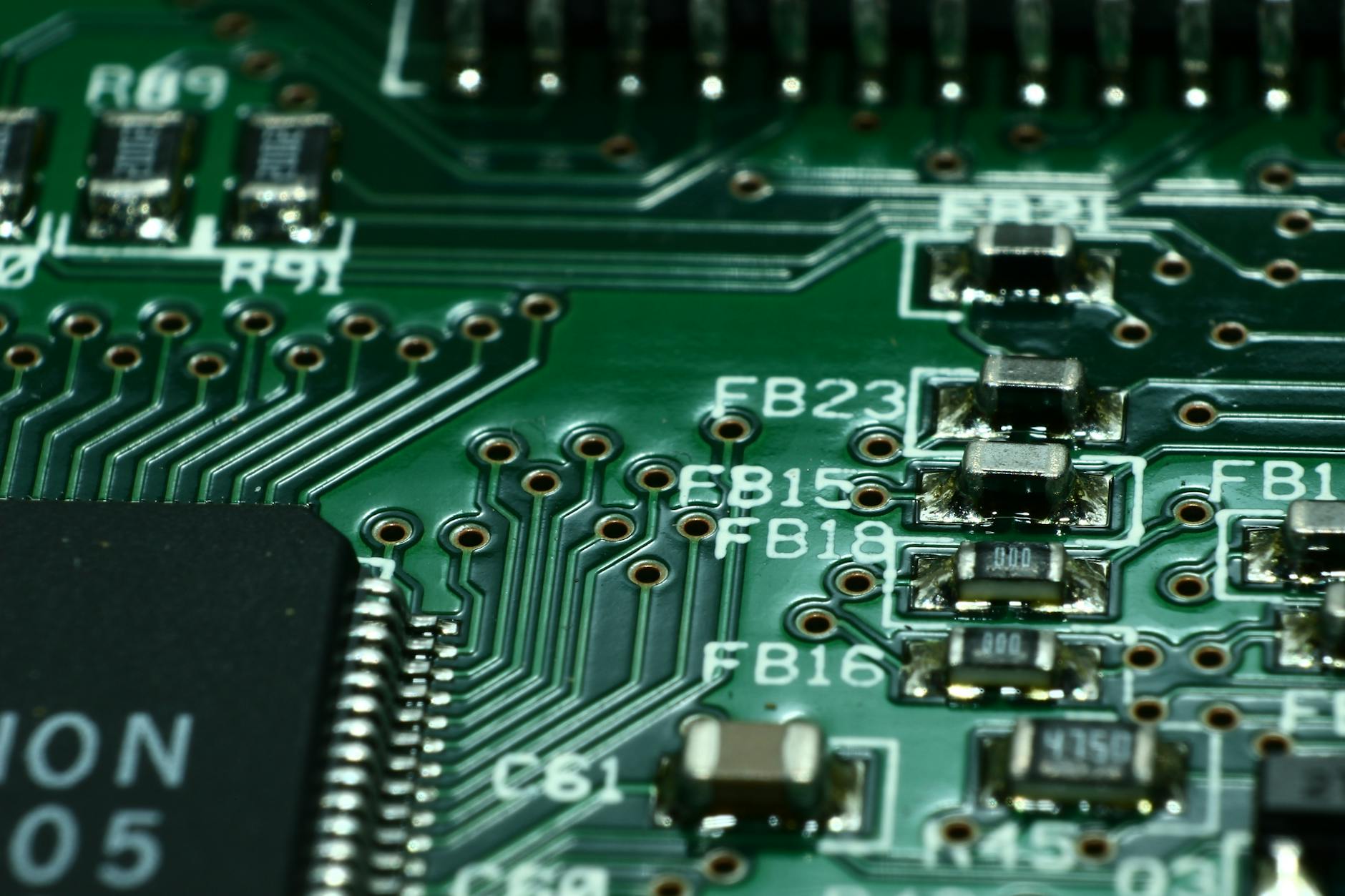Discover the groundbreaking milestones in AI’s evolution, from Turing’s early concepts to Tesla’s cutting-edge technology. Join us on this journey!
Table of Contents
Welcome to the fascinating world of Artificial Intelligence (AI) – a technology that has revolutionized the way we live, work, and interact with the world around us. In this blog post, we will take you on a historical journey through the evolution of AI, from its humble beginnings to its potential future. Let’s delve into the origins, milestones, and impact of AI throughout history.
Introduction to AI
Artificial Intelligence, often abbreviated to AI, refers to the development of computer systems that can perform tasks that typically require human intelligence. These tasks include learning, reasoning, problem-solving, perception, language understanding, and more. AI has a wide range of applications across various industries, from healthcare and finance to transportation and entertainment.
Historical Context of AI
The roots of AI can be traced back to the mid-20th century, with the emergence of pioneers like Alan Turing and John McCarthy. Alan Turing, a British mathematician, laid the foundations for computational theory and is often considered the father of AI. In 1950, Turing proposed the Turing Test, a method to determine a machine’s ability to exhibit intelligent behavior equivalent to or indistinguishable from that of a human.
In 1956, the Dartmouth Conference, organized by John McCarthy, Marvin Minsky, Nathaniel Rochester, and Claude Shannon, marked the official birth of AI as a field of study. The conference aimed to explore the possibilities of creating machines that could simulate human intelligence.
Current Applications of AI
Today, AI is integrated into various aspects of our daily lives. From virtual assistants like Siri and Alexa to recommendation systems on Netflix and Amazon, AI is all around us. In healthcare, AI is being used for diagnosing diseases, predicting patient outcomes, and personalized treatments. In finance, AI algorithms are employed for fraud detection, risk assessment, and automated trading.
The automotive industry is leveraging AI for autonomous vehicles that can navigate roads, detect obstacles, and make driving decisions. AI-powered chatbots are transforming customer service interactions, providing instant responses and personalized support to users across different platforms.
Benefits of AI
The incorporation of AI technologies offers numerous benefits to society and businesses. AI systems can process vast amounts of data quickly and accurately, leading to improved efficiency and productivity. In manufacturing, AI-powered robots can perform repetitive tasks with precision, reducing errors and freeing up human workers for more complex activities.
AI also empowers organizations to make data-driven decisions based on predictive analytics and insights generated by machine learning algorithms. This helps businesses in optimizing operations, forecasting trends, and enhancing customer experiences. Moreover, AI contributes to the advancement of medical research, environmental sustainability, and other critical areas of scientific inquiry.
Challenges and Ethical Concerns in AI
Despite its numerous benefits, AI also presents several challenges and ethical concerns that must be addressed. One major concern is the issue of bias in AI algorithms, which can result in discriminatory outcomes, particularly in areas like hiring, lending, and criminal justice. Ensuring fairness and transparency in AI decision-making processes is crucial to building trust and mitigating harmful impacts on society.
Data privacy and security are additional concerns, as AI systems rely on vast amounts of personal data to function effectively. Safeguarding sensitive information and preventing unauthorized access or misuse of data are paramount in the development and deployment of AI technologies. It is essential to establish robust governance frameworks and regulatory standards to protect individuals’ privacy rights and prevent data breaches.
Future Directions of AI
Looking ahead, the future of AI holds immense potential for innovation and transformation across industries. Advancements in deep learning, reinforcement learning, and natural language processing are shaping the development of more sophisticated AI systems capable of human-like cognitive abilities. The integration of AI with other emerging technologies like Internet of Things (IoT), blockchain, and 5G networks will further accelerate the adoption of AI solutions in diverse applications.
| Year | Advancement in AI |
|---|---|
| 1936 | Alan Turing introduces the concept of a theoretical computing machine that can simulate any algorithm |
| 1943 | McCulloch and Pitts propose the first mathematical model of a neural network |
| 1950 | Turing publishes the “Computing Machinery and Intelligence” paper, introducing the Turing Test |
| 1956 | John McCarthy coins the term “Artificial Intelligence” at the Dartmouth Conference |
| 1966 | Herbert Simon predicts that “machines will be capable, within twenty years, of doing any work a man can do” |
| 1980s | Expert systems become popular for AI applications, leading to the first AI winter |
| 1997 | Deep Blue defeats world chess champion Garry Kasparov, showcasing the power of AI in gaming |
| 2012 | Google’s DeepMind develops a neural network that learns to play video games in a human-like way |
| 2018 | Tesla introduces Autopilot on their vehicles, showcasing advancements in AI for self-driving cars |
AI-driven technologies such as autonomous vehicles, smart cities, and intelligent virtual assistants are poised to reshape the way we live, work, communicate, and interact with machines. As AI continues to evolve, ethical considerations and responsible use of AI will be critical in ensuring that technological progress aligns with societal values and human well-being.
Can Skynet Happen?
The concept of a malevolent AI system like Skynet from the Terminator franchise raises legitimate concerns about the risks associated with unchecked AI development. While the scenario of an all-powerful AI entity taking control of humanity is largely a work of science fiction, there are real-world implications to consider.
One potential risk of AI is the unchecked proliferation of autonomous systems with the ability to make decisions independently of human oversight. If AI algorithms are not properly designed, monitored, and controlled, there is a possibility of unintended consequences and catastrophic failures. Ensuring that AI systems are programmed with fail-safe mechanisms, ethical guidelines, and human supervision is essential in preventing a dystopian scenario similar to Skynet.
Safeguards Against Skynet Scenario
To prevent a scenario where AI becomes uncontrollable or poses a threat to humanity, it is essential to implement safeguards and regulatory frameworks that govern the development and deployment of AI technologies. Transparency in AI decision-making processes, oversight by regulatory bodies, and adherence to ethical principles are key factors in mitigating the risks associated with advanced AI systems.
Research initiatives focusing on AI safety, explainability, and responsible AI are essential to address the potential risks and ethical dilemmas posed by AI technologies. Collaboration between industry leaders, policymakers, ethicists, and researchers can drive the development of AI in a way that benefits society while minimizing the likelihood of catastrophic outcomes.
AI and Humanity
As AI technologies continue to advance, the relationship between humans and machines will be a key area of focus. Balancing the benefits of AI with the ethical implications and societal impact of AI is crucial in shaping a future where humans and intelligent machines coexist harmoniously. Ensuring that AI is designed with human values, ethical considerations, and societal well-being in mind is essential in fostering trust and acceptance of AI technology.
By fostering interdisciplinary collaboration, open dialogue, and inclusive stakeholder engagement, we can navigate the complexities of AI development and deployment while fostering a future that prioritizes human flourishing and AI innovation.
Conclusion
In conclusion, the evolution of AI from its historical origins to its future potential offers a glimpse into the transformative power of intelligent technologies. As AI continues to shape our world, it is imperative to reflect on the ethical implications, societal consequences, and human values that must guide the responsible development and deployment of AI systems. By embracing the opportunities and challenges of AI with a holistic and ethical perspective, we can ensure that AI benefits humanity in ways that enrich our lives, drive innovation, and promote sustainable progress for generations to come.
FAQ
What is Artificial Intelligence (AI)?
Answer 1: Artificial Intelligence (AI) refers to the development of computer systems that can perform tasks requiring human intelligence, such as learning, reasoning, and problem-solving.
What are some current applications of AI?
Answer 2: AI is used in various industries for tasks like virtual assistants, healthcare diagnostics, autonomous vehicles, and fraud detection in finance.
What are the benefits of AI?
Answer 3: AI improves efficiency, enables data-driven decision-making, enhances customer experiences, and contributes to advancements in various fields like healthcare and environmental sustainability.
How can we safeguard against potential risks of AI?
Answer 4: Implementing ethical guidelines, regulatory frameworks, and developing AI technologies with fail-safe mechanisms can help mitigate risks and prevent potential dangers associated with advanced AI systems.


Recent Comments